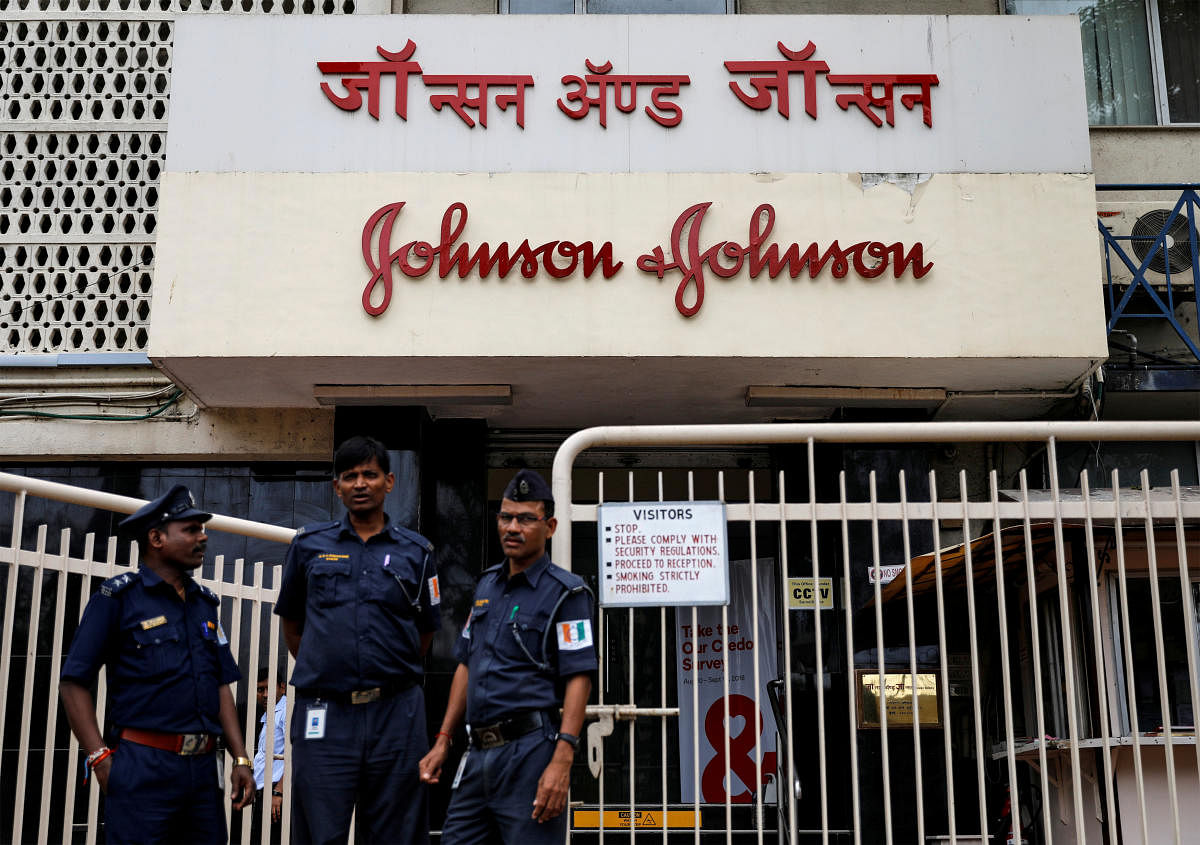
Indian patients, who received faulty hip implants from a Johnson & Johnson subsidiary, have been compelled to run from pillar to post seeking justice due to the inaction and lack of due diligence by drug regulators, a retired government official claimed on Saturday.
“Because of a sleepy regulator, people are suffering. There are statutory provisions in the law to recall the faulty implants and take action against the guilty company. But the regulator, Central Drugs Standards Control Organisation, is at fault for doing nothing and should be investigated,” said Mahesh Zagade, former Commissioner of the Maharashtra Food and Drug Administration (FDA), who probed the faulty implants in 2011.
Zagade claimed he initiated an investigation based on patient complaints and even started a process to prosecute the company in Mumbai.
Since patients from several states were involved, he suggested to the CDSCO to press for a CBI investigation. But no action was taken. “I wrote to the Drugs Controller General of India, but there was no action,” he said here at a press conference where recipients of the faulty implants and their family members shared their experiences.
The regulator, in fact, renewed J&J's import license (for the faulty implants that released cobalt and chromium in the body) in 2010 without applying due diligence. A year before the Australian regulator Therapeutic Goods Administration (TGA) ordered its recall.
Neither the company informed the CDSCO about the TGA order while applying for a renewal of the import license, a violation of the Drugs and Cosmetics Act, 1940, nor the CDSCO checked. The CDSCO canceled the import license in December 2012 and issued the first medical alert a year later – after the global recall of the implants.
“Till now the regulator didn't ask the company to trace the recipients, which can easily be done in a week's time. Instead, a voluntary recall mechanism has been created and a panel has been formed to discuss the compensation. Its all an eyewash,” Zagade said.
Patients and their family members demanded a seat in the compensation determining panel, which is to meet for the first time next week. The five-member panel was set up last week.
To determine the compensation, the committee would take into account four factors, a base value of Rs 20 lakh as determined by a previous panel that probed the faulty implant episode, degree of disability and suffering of the patients due to loss of wages or other losses.
